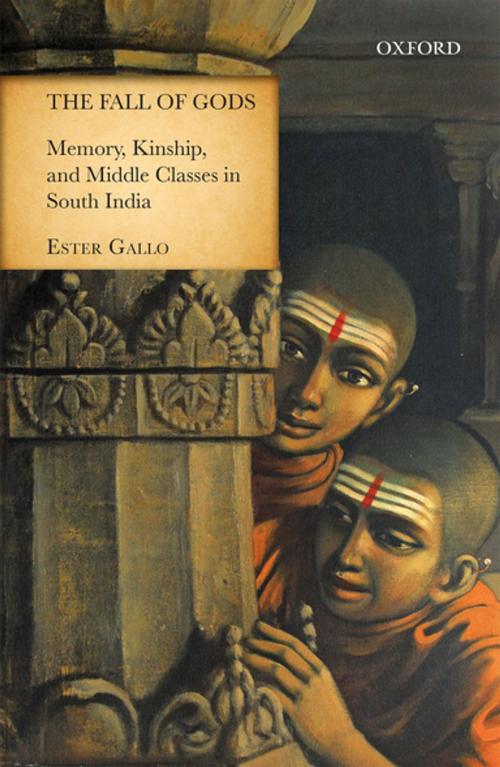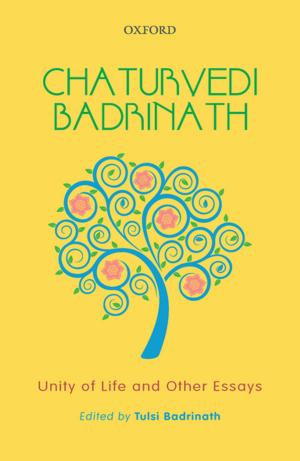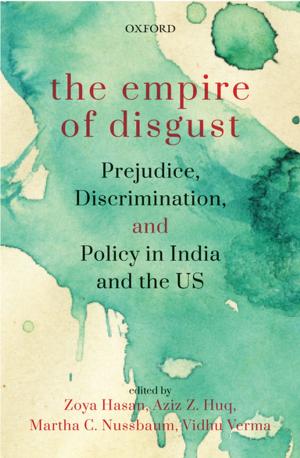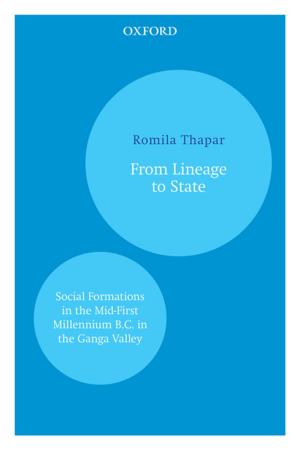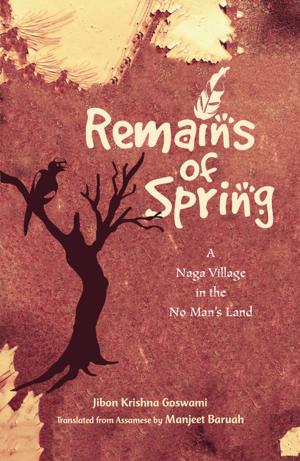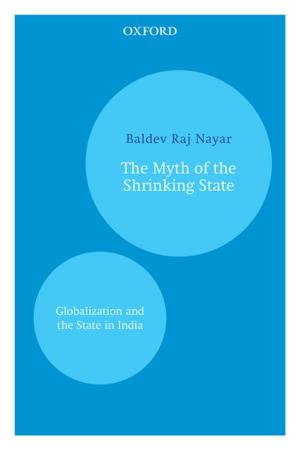The Fall of Gods
Memory, Kinship, and Middle Classes in South India
Nonfiction, Social & Cultural Studies, Political Science, International, Social Science, Sociology| Author: | Ester Gallo | ISBN: | 9780199091317 |
| Publisher: | OUP India | Publication: | February 15, 2018 |
| Imprint: | OUP India | Language: | English |
| Author: | Ester Gallo |
| ISBN: | 9780199091317 |
| Publisher: | OUP India |
| Publication: | February 15, 2018 |
| Imprint: | OUP India |
| Language: | English |
Interrogating the cultural roots of contemporary Malayali middle classes, especially the upper caste Nambudiri community, The Fall of Gods is based on a decade-long ethnography and historico-sociological analyses of the interconnections between colonial history, family memories, and class mobility in twentieth-century south India. It traces the transformation of normative structures of kinship networks as the community moves from colonial to neo-liberal modernity across generations. The author demonstrates how past family experiences of class and geographical mobility (or immobility) are retrieved and reshaped in the present as alternative ways of conceiving kinship, transforming the idea of collective suffering and sacrifice, and strengthening the felt necessity of territorial, caste, and religious mingling. Rich in anthropological detail and incisive analyses, the book makes original contributions to the understanding of connection between gendered family relations and class mobility, and foregrounds the complex linkages between political history, memory, and the ‘private’ domain of kinship relations in the making of India’s middle classes.
Interrogating the cultural roots of contemporary Malayali middle classes, especially the upper caste Nambudiri community, The Fall of Gods is based on a decade-long ethnography and historico-sociological analyses of the interconnections between colonial history, family memories, and class mobility in twentieth-century south India. It traces the transformation of normative structures of kinship networks as the community moves from colonial to neo-liberal modernity across generations. The author demonstrates how past family experiences of class and geographical mobility (or immobility) are retrieved and reshaped in the present as alternative ways of conceiving kinship, transforming the idea of collective suffering and sacrifice, and strengthening the felt necessity of territorial, caste, and religious mingling. Rich in anthropological detail and incisive analyses, the book makes original contributions to the understanding of connection between gendered family relations and class mobility, and foregrounds the complex linkages between political history, memory, and the ‘private’ domain of kinship relations in the making of India’s middle classes.
